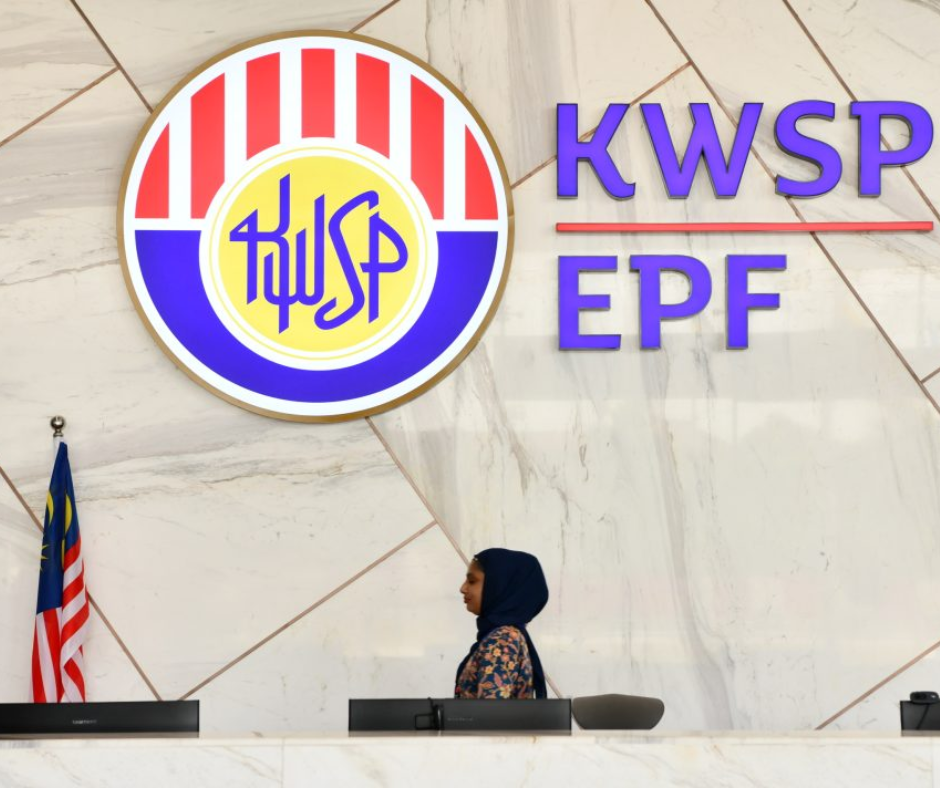
Beginning 1 October 2025, a major change is coming for employers in Malaysia: the Employees Provident Fund (EPF) contributions will become mandatory for all eligible non-Malaysian citizen employees.
This update, introduced through the EPF Act 1991 (Amendment 2024), marks a significant shift from the previous voluntary model and is designed to strengthen retirement protection under the Malaysia MADANI agenda.
If your business employs foreign workers or expatriates, it is crucial to understand what this means, how much you need to contribute, and how to prepare your payroll system to remain compliant.
Overview of the New EPF Requirement
Under the new policy:
-
Employers must register and contribute to EPF for all eligible foreign employees.
-
Non-Malaysian employees must also contribute to their EPF savings.
-
Both employers and employees will now share the contribution responsibility.
This ensures that non-Malaysian employees enjoy retirement savings benefits similar to Malaysian workers, creating a fairer and more secure labour market.
Who Is Affected?
The new rule applies to:
-
All non-Malaysian citizens with valid work permits, employment passes, or long-term passes.
-
New and existing foreign employees in active employment.
-
Workers across all industries, except domestic service workers (e.g., domestic helpers).
Passes Subject to Mandatory EPF Contributions:
-
Employment Pass (EP)
-
Work Permit (excluding foreign domestic helpers)
-
Professional Visit Pass
-
Student Pass (with valid work approval)
-
Residence Pass
-
Long-Term Social Visit Pass
⚠️ Important Note: Contributions are only applicable if the employee receives monetary wages. For certain passes (e.g., Student, Professional Visitor), prior approval from the Immigration Department is required for employment.
Contribution Rates (Effective October 2025)
Starting from October 2025 wages (payable by 15 November 2025), contributions will be:
-
Employer: 2% of monthly wages
-
Employee: 2% of monthly wages
This means a total of 4% contribution per employee, shared equally.
Employer Responsibilities
To comply with the new EPF requirements, employers must:
1. Register Eligible Employees
-
Use Employer i-Akaun (EPF online portal) or register manually at an EPF branch.
2. Deduct and Contribute Monthly
-
Deduct 2% from employee wages.
-
Contribute 2% from the employer.
-
Submit via Form A and pay by the 15th of the following month.
3. Maintain Accurate Records
Keep up-to-date records of:
-
Employee nationality and passport details
-
EPF membership numbers
-
Employment start dates and wages
-
Contribution history
These may be audited by EPF officers.
What Happens If Employers Don’t Comply?
Non-compliance can result in:
-
Fines and penalties from EPF
-
Backdated contribution claims (covering unpaid months)
-
Legal complications under the EPF Act 1991
Employers should act early to avoid unnecessary risks.
Why This Matters
-
For Employees: Foreign workers gain structured retirement savings and social security while working in Malaysia.
-
For Employers: Compliance demonstrates fair labour practices and prevents costly penalties.
-
For HR Teams: Payroll processes must be updated to reflect the new contribution rules.

How Pandahrms Can Help Employers Stay Compliant
Adapting to new payroll rules can be time-consuming if managed manually. With Pandahrms HR & Payroll Software, employers can:
✅ Automate EPF contributions – including the new 2% foreign employee rule.
✅ Generate accurate reports for both Malaysian and non-Malaysian staff.
✅ Update payroll effortlessly without manual recalculations.
✅ Provide clear payslips showing contribution breakdowns for employees.
✅ Stay compliant automatically with future law or rate changes.
Instead of worrying about payroll errors or last-minute updates, Pandahrms ensures your HR team stays compliant — and saves valuable time.
Final Reminder for Employers
The mandatory 2% EPF contribution for non-Malaysian citizen employees begins in October 2025. Employers should:
-
Register eligible employees with EPF.
-
Update payroll systems before October 2025.
-
Communicate the changes to staff to avoid confusion.
By preparing early and using an HR system like Pandahrms, businesses can ensure smooth compliance without disrupting payroll operations.




